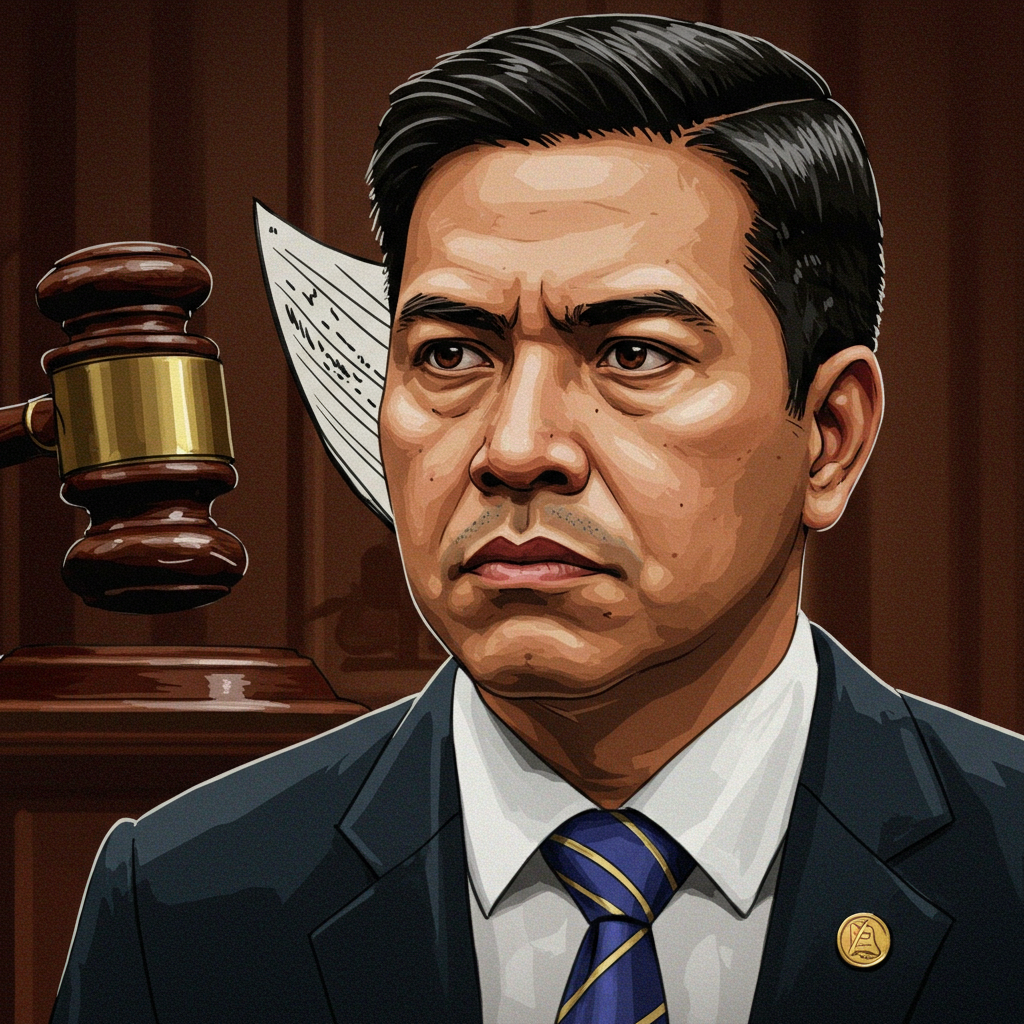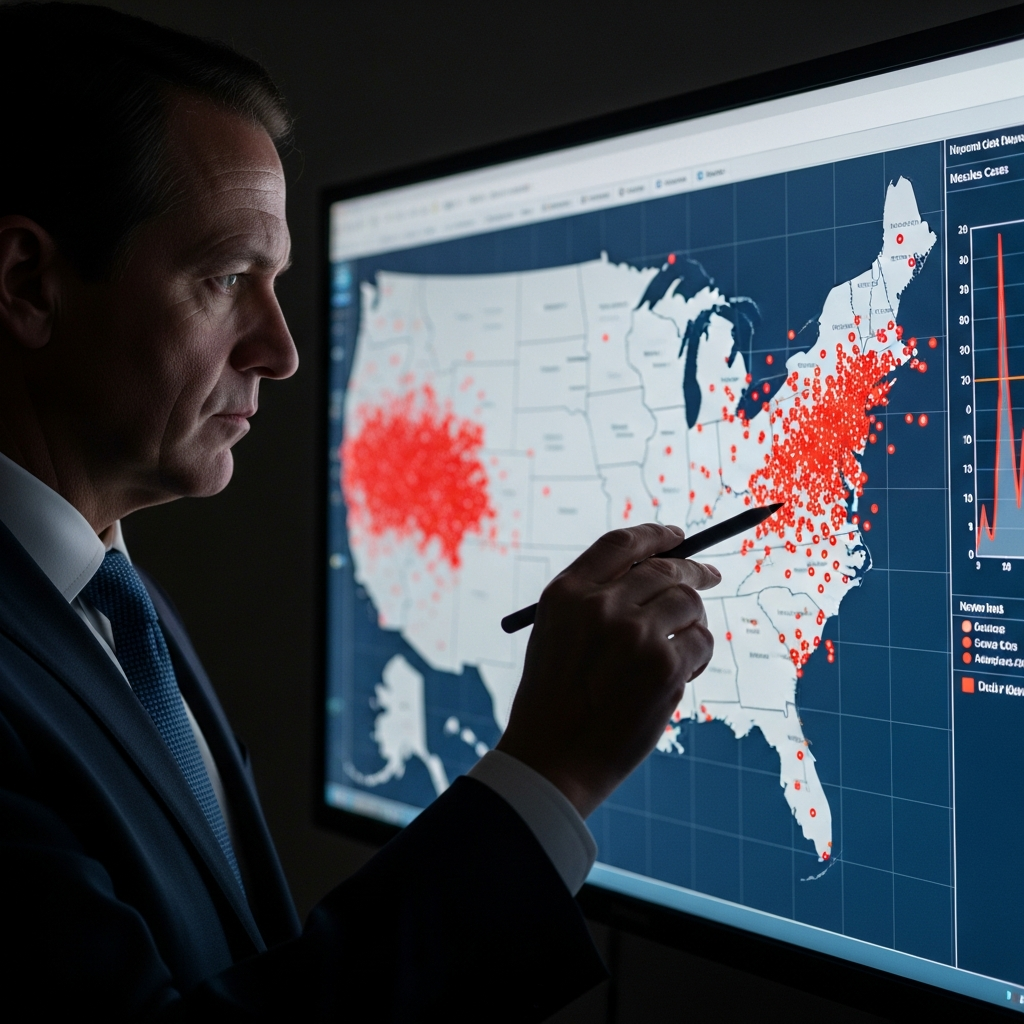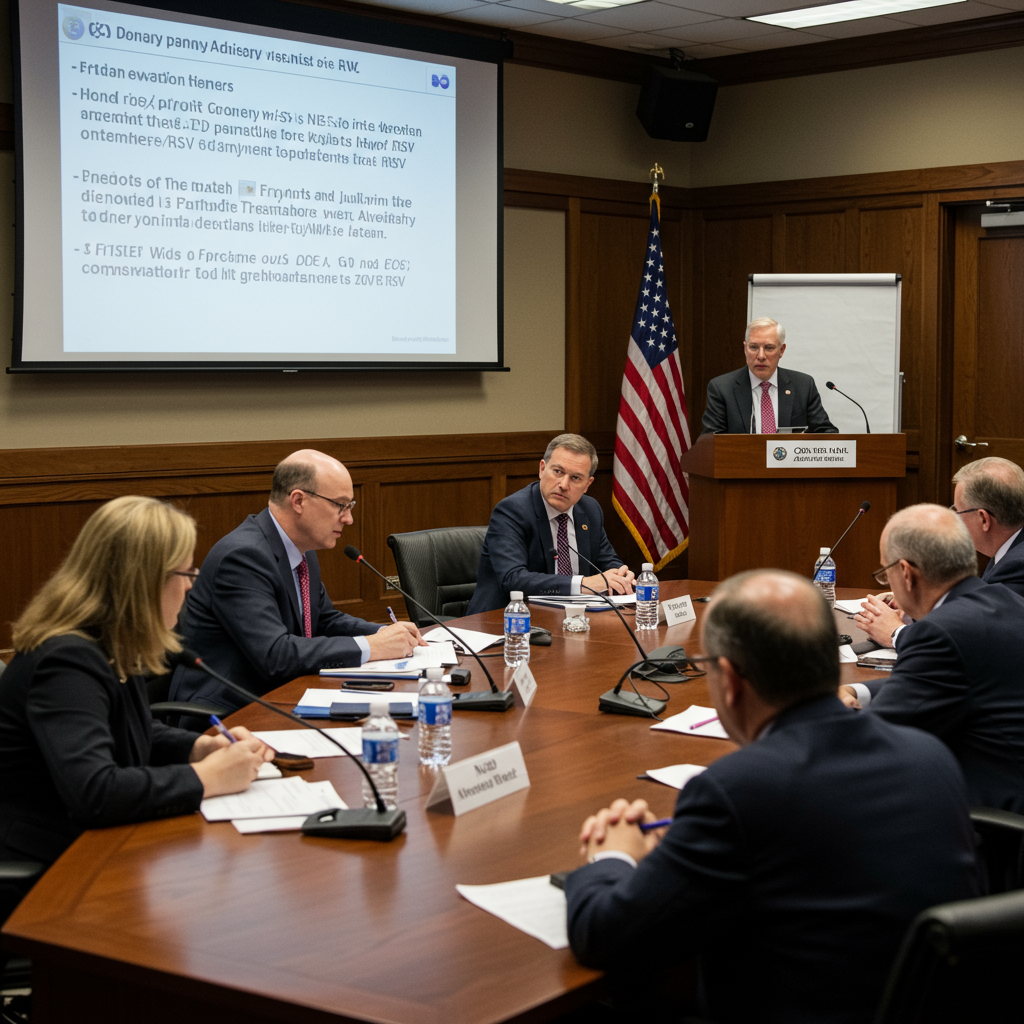Battle for Freedom: Judge Orders Release, Feds Insist on Detention
A Salvadoran man mistakenly deported under the Trump administration and later returned to face human smuggling charges will “never go free” on American soil, according to a Department of Homeland Security (DHS) spokesperson. This stark declaration comes despite a federal judge ordering his release from criminal custody while he awaits trial, highlighting a significant clash between judicial rulings and executive branch immigration enforcement priorities.
The case of Kilmar Ábrego García, 29, has drawn national attention. Having lived in Maryland with his family, he was granted protection from deportation in 2019 by an immigration judge who found he faced a credible threat of persecution from gangs in El Salvador.
Deportation, Detention, and a Controversial Return
Despite this protection, Ábrego García was deported on March 15, 2025, amid a Trump administration immigration crackdown. This action reportedly invoked the Alien Enemies Act, a seldom-used wartime law. Government officials initially acknowledged his removal was an “administrative error” but did not immediately facilitate his return. While in El Salvador, he was held at the notorious CECOT mega-prison.
Following a legal battle, the U.S. Supreme Court ordered the government to “facilitate” his return to his Maryland home. However, instead of being sent back to his family, he was returned to the United States and transported to Tennessee, where the Justice Department subsequently charged him with human smuggling.
The Charges and the Judge’s Ruling
A federal indictment alleges that Ábrego García participated in a conspiracy spanning several years (dating back to 2016) to transport thousands of undocumented migrants from Texas to other parts of the country, including Maryland. The charges specifically claim he transported individuals over 100 times. He has pleaded not guilty to these allegations. The administration has also publicly accused him of being an MS-13 gang member, a claim strongly denied by Ábrego García and his lawyers. The charges against him reportedly stemmed from a 2022 traffic stop in Tennessee that was later escalated.
This month, U.S. Magistrate Judge Barbara Holmes oversaw his case in Tennessee. On Sunday, she ordered his release from criminal custody pending trial. In her written opinion, Judge Holmes stated that the government “failed to prove” that Ábrego García endangered minors, posed a flight risk, or would obstruct justice based on the evidence presented for the criminal case. She concluded she “cannot find from the evidence presented that Ábrego’s release clearly and convincingly poses an irremediable danger to other persons or to the community” and found “nothing in Abrego’s history to suggest that he is a flight risk.”
‘Academic Exercise’? ICE Steps In
Crucially, Judge Holmes acknowledged that her order for release from criminal custody might be “little more than an academic exercise.” This is because U.S. Immigration and Customs Enforcement (ICE), which oversees immigration enforcement, has placed a detainer on Ábrego García and intends to take him into custody immediately upon his release from federal prison. The judge noted that while she could order his release from the criminal charges, she would not intervene with any potential ICE hold, suggesting it was up to the Departments of Justice and Homeland Security to decide their priority – criminal trial or deportation.
Administration’s Firm Stance
Despite the judicial order for release from criminal detention, the Trump administration and DHS maintained a hardline stance. Tricia McLaughlin, a spokesperson for the Department of Homeland Security, took to social media on Monday to declare, “Kilmar Abrego Garcia is a dangerous criminal illegal alien.” She added, “We have said it for months and it remains true to this day: he will never go free on American soil.”
This statement underscores the administration’s intent to keep him detained indefinitely through the immigration system, irrespective of the temporary release ordered by the judge for the purposes of his criminal trial. The government has also filed a notice of appeal challenging Judge Holmes’ release order.
Attorneys for Ábrego García argue that the human smuggling charges were brought weeks after his mistaken deportation and the Supreme Court order for his return, characterizing the charges as a politically motivated attempt to retroactively justify the administration’s error amid public pressure. They also point out that while deportation to El Salvador is blocked by the 2019 ruling, immigration officials would face legal hurdles proving deportation to a third country was viable.
Legal experts note that for individuals without legal status facing criminal charges, ICE often prioritizes deportation over holding them for trial, adding another layer of complexity to Ábrego García’s uncertain fate. The case continues to highlight the tension between the U.S. criminal justice system’s due process rights and the aggressive enforcement mechanisms of immigration law.




